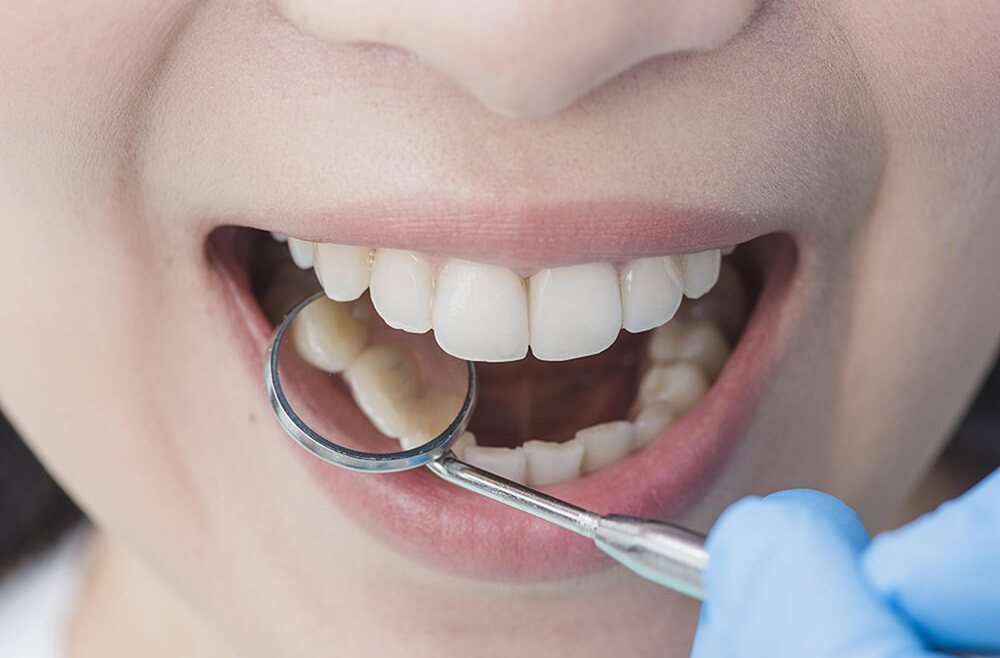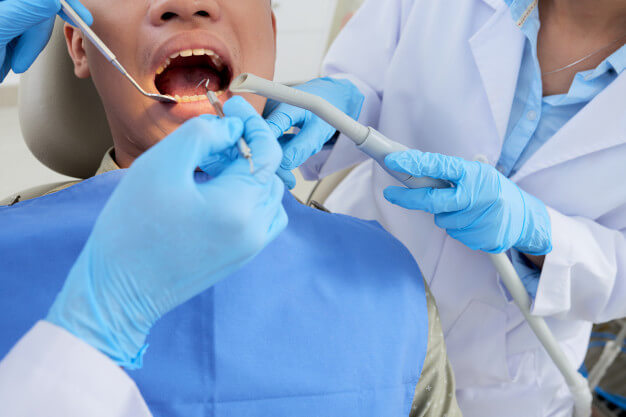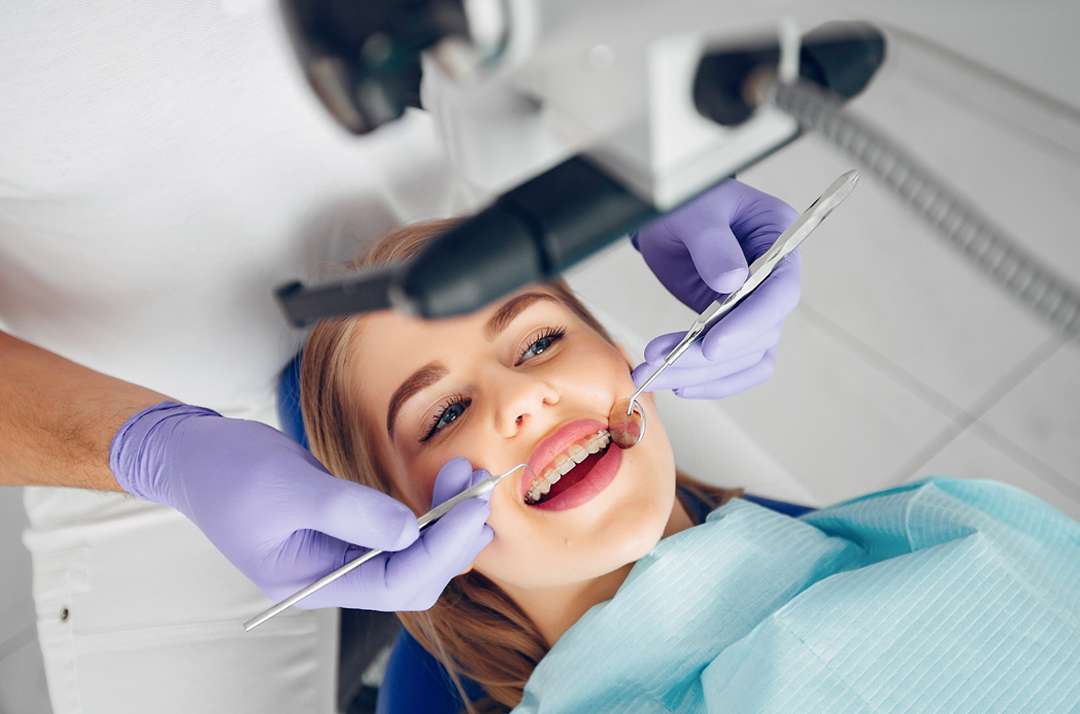Early signs of oral cancer may be mistaken for other problems, such as a toothache or cold. If symptoms persist for several weeks or months, it is important to see your doctor so that, if oral cancer is present, it may be diagnosed as soon as possible. Many symptoms caused by oral tumours may be due to other, less serious conditions or other cancers. More than 90 percent of mouth cancers are squamous cell carcinoma.
Squamous cells are thin, flat cells that look like fish scales. They are found in the tissue that forms the surface of the skin, the lining of the hollow organs of the body, and the lining of the respiratory and digestive tracts. Carcinoma means cancer. It most commonly appears on parts of the body frequently exposed to the sun, such as the face, ears, and neck. But it also arises in the mouth.
Although the exact cause of oral cancer is unclear, there are certain lifestyle factors that can put someone at risk for this disease. Tobacco of any kind – cigarettes, cigars, pipes and smokeless tobacco – increase your risk for oral cancer. In fact, the reports 90 percent of those with oral cancer consume tobacco. Heavy use of alcohol also increases a person’s chances of developing oral cancer, and the NIDCR says your risk is even higher when using both tobacco and alcohol.
Treatment for mouth cancer depends on your cancer’s location and stage, as well as your overall health and personal preferences. You may have just one type of treatment, or you may undergo a combination of cancer treatments. Treatment options include surgery, radiation and chemotherapy. Discuss with a concerned dentist.




